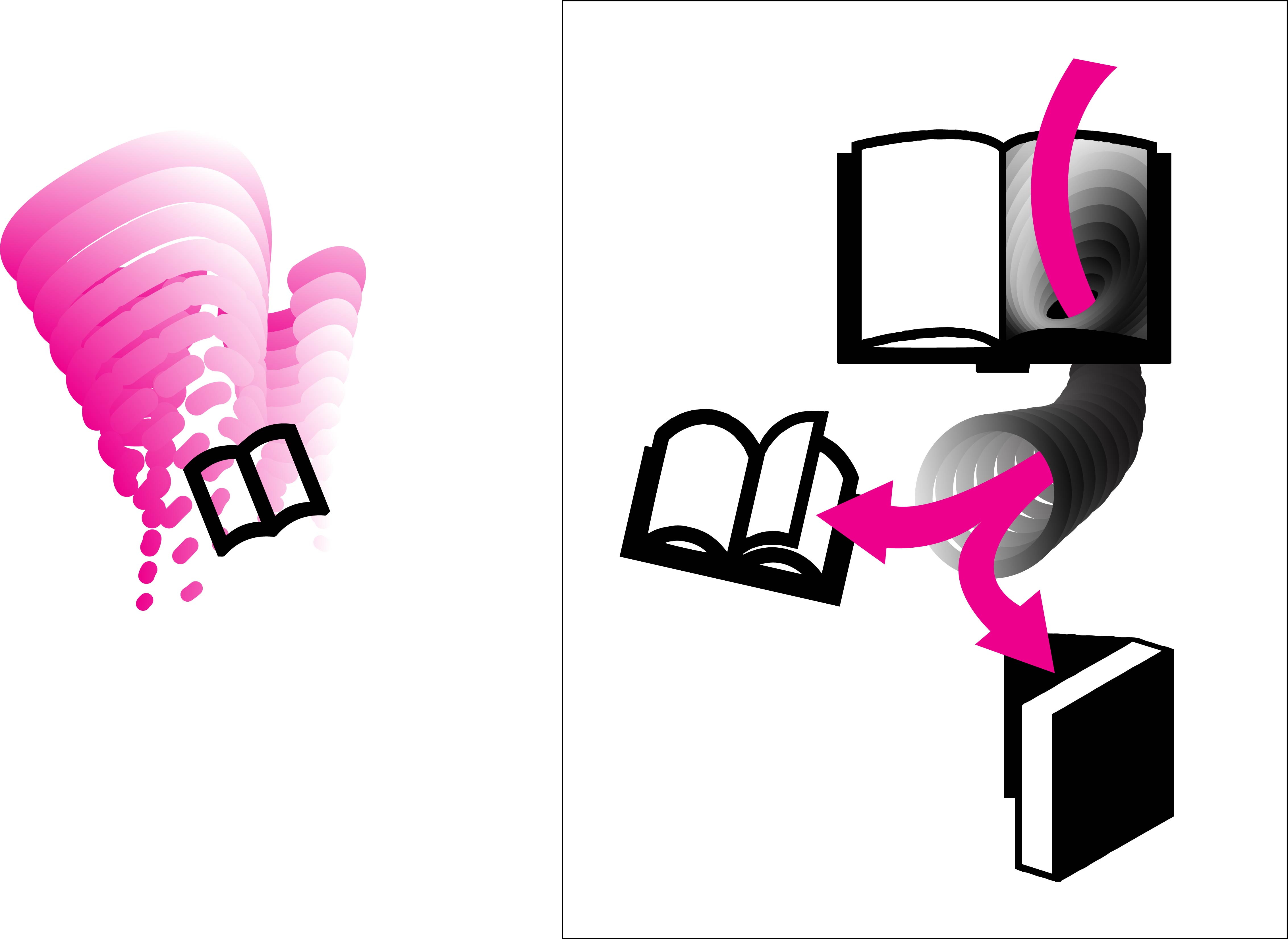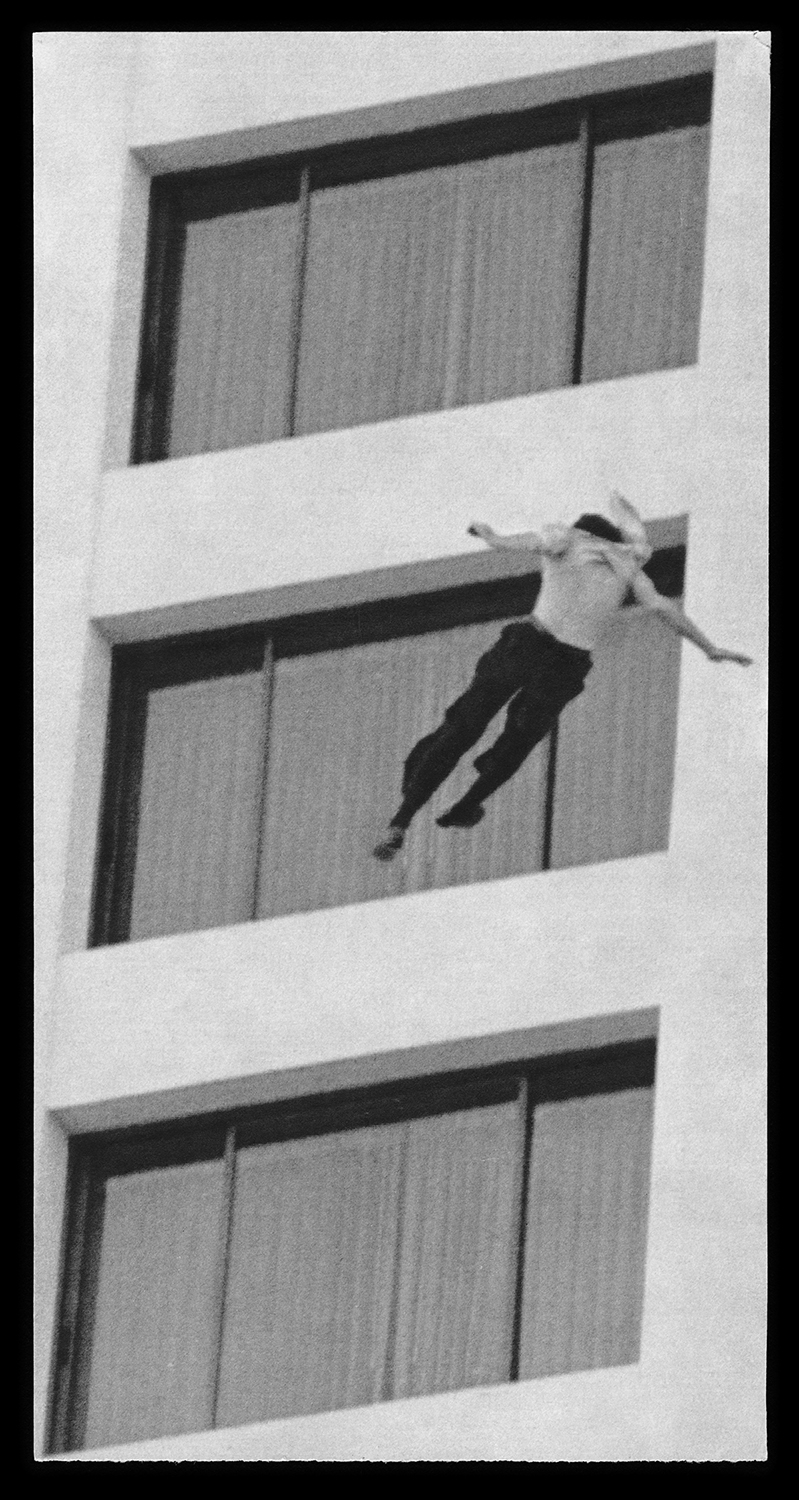The Eventuality of Destiny by Giorgio de Chirico depicts three female goddesses who could represent, based on the title, the Fates of Greek mythology. The figures commandeer the frame as they stretch from the floor to the ceiling of the piazza they occupy, with a suggestion of ominousness in the way they look at one another — as if they are readying to intervene in the course of an unsuspecting human’s life. Their largeness, amplified by the claustrophobia imparted by the word “eventuality” in the title, implies their inability to be outmaneuvered; each of us will meet these three at some point.
This painting calls for a song that is equally haunting, electric, and heavy with brusque femininity — which is why it pairs like a dream with I Go To Sleep by Anika.
Dreams are often used to explore ourselves and our world in a metaphysical context. In order to distinguish the dream world from reality, they’re often depicted with similar attributes to being underwater — that echoing distance of noise, wavy lines, etc. That style of sound is present throughout this song. Its echoes oscillate wildly from each instrument in harmony with the reverberation of Anika’s Nico-esque voice for an air of watery other-dimensionality.

The vibrant texture on the leg of the seated figure in the painting also calls to mind reflections on water. Based on the sliver of sunny blue sky seen over the right shoulder of the standing goddess (what should be the light source), it is very possible the reflection is coming from inside the room. But perhaps it isn’t a reflection at all. Perhaps it’s something contained within the figure itself — like Anika and her undulating voice — emanating outward.
All of Destiny is very dreamlike, and de Chirico spoke often of dreams in his letters and poetry. He is credited as the progenitor of the Metaphysical, or Pittura Metafisica, style of painting, which was a large influence on the surrealists. De Chirico was interested in architecture and structure as representations of the Metaphysical aesthetic, often rendering large, open piazzas like the one occupied by the Fates in this piece.
Imagining what might happen to sound in such a space — openness, stone, tile — a cold, echoing, detached reverberation comes to mind. This is precisely the effect that tinges Anika’s wallowing voice and the song’s organ-like synthesizers and drum machine on I Go To Sleep. She may as well have recorded it in the room depicted.
Many metaphysical and surrealist painters had strong grasps of traditional painting themes and techniques, opting to implement them instead in scenes of the absurd or enigmatic. Similarly, this avant-garde song has traditional pop roots. While it was never recorded as a Kinks song, Ray Davies, the band’s lead singer and songwriter, wrote and recorded a demo version of it in 1965 that was widely circulated. Since then it has been covered an overwhelming number of times with memorable renditions by Marion, the Pretenders, Cher, Peggy Lee, Sia, and Rasputina.
What makes Anika’s version one of the best and the best fit for this painting is that she made it electric — and not just in terms of the instruments. She took this very basic pop piano ditty that had been done and redone and filtered it into the sounds of a digitized bubbling trance. This same transformative electricity is present in the painting, too, where those searing lines of light and violet trace the figures’ legs and drench one another in reflective color. There were countless paintings of statuesque goddesses in similar positions when de Chirico painted this, but, while also technically masterful, it comes alive in those moments of color.
The concept of “destiny” seems to comfort many humans, even though it isn’t tangible or scientific. Though this song is about being away from another person, Anika’s version seems written for this painting — like she is tucking herself in each night under the persisting assurance of invisible and distant destiny. In Davies’ version the following line may seem disheartening, but Anika sings it with a profound yearning: “Each day drags by/Until finally my time descends on me,” as if certain of The Eventuality of Destiny.








That is a solid write. Congratulations to you for 1) having a giant creative brain and 2) getting yourself published, again. Cheers!